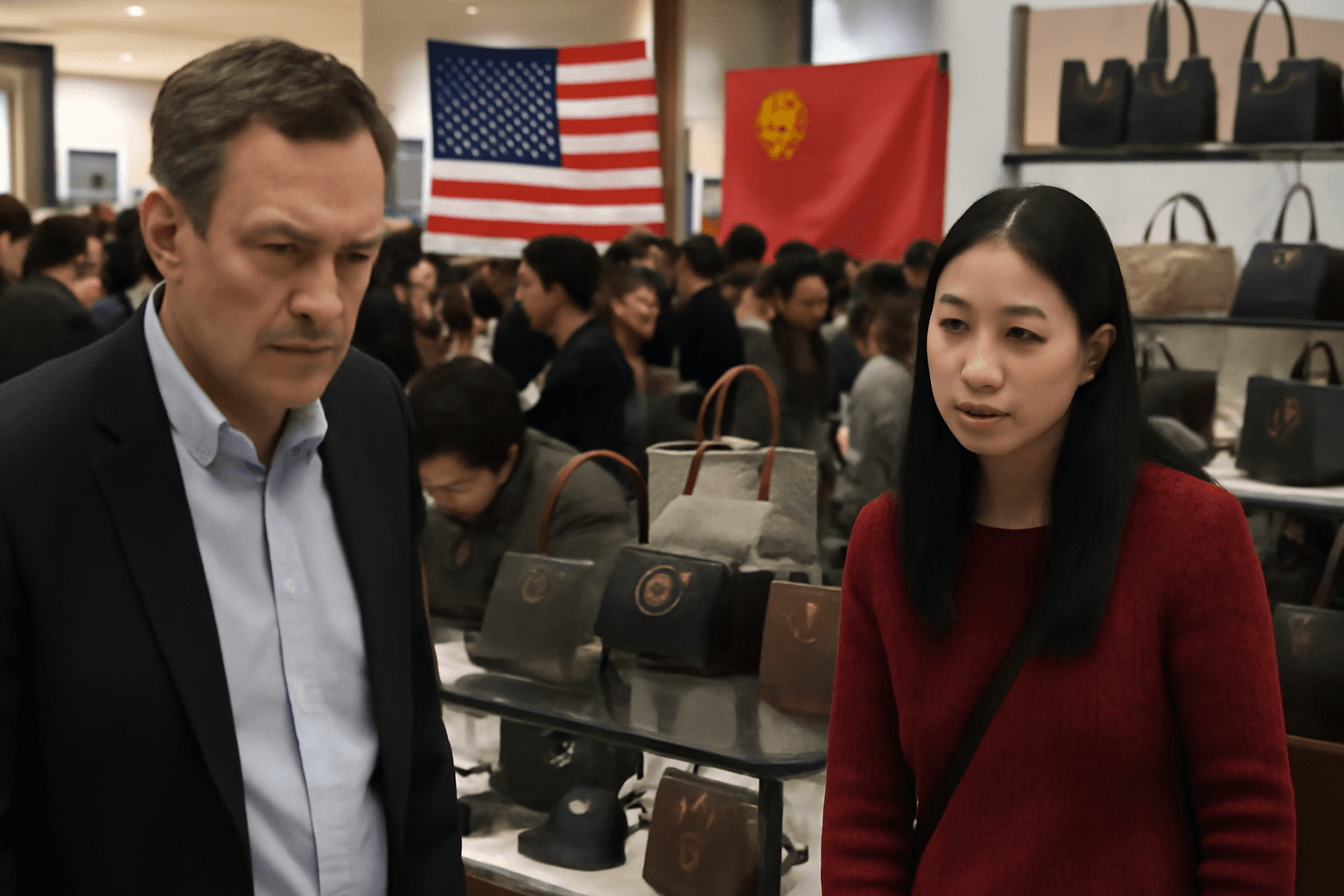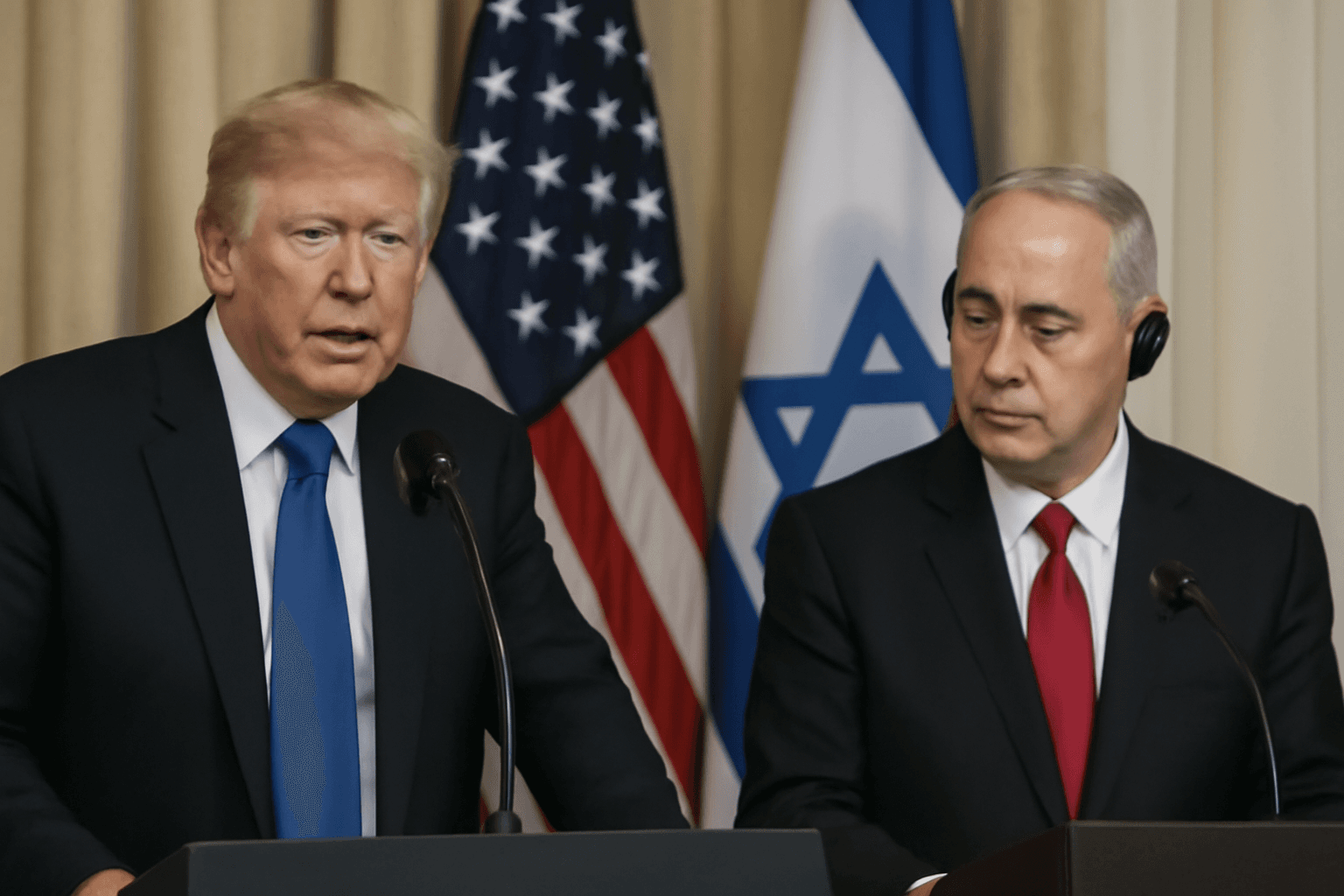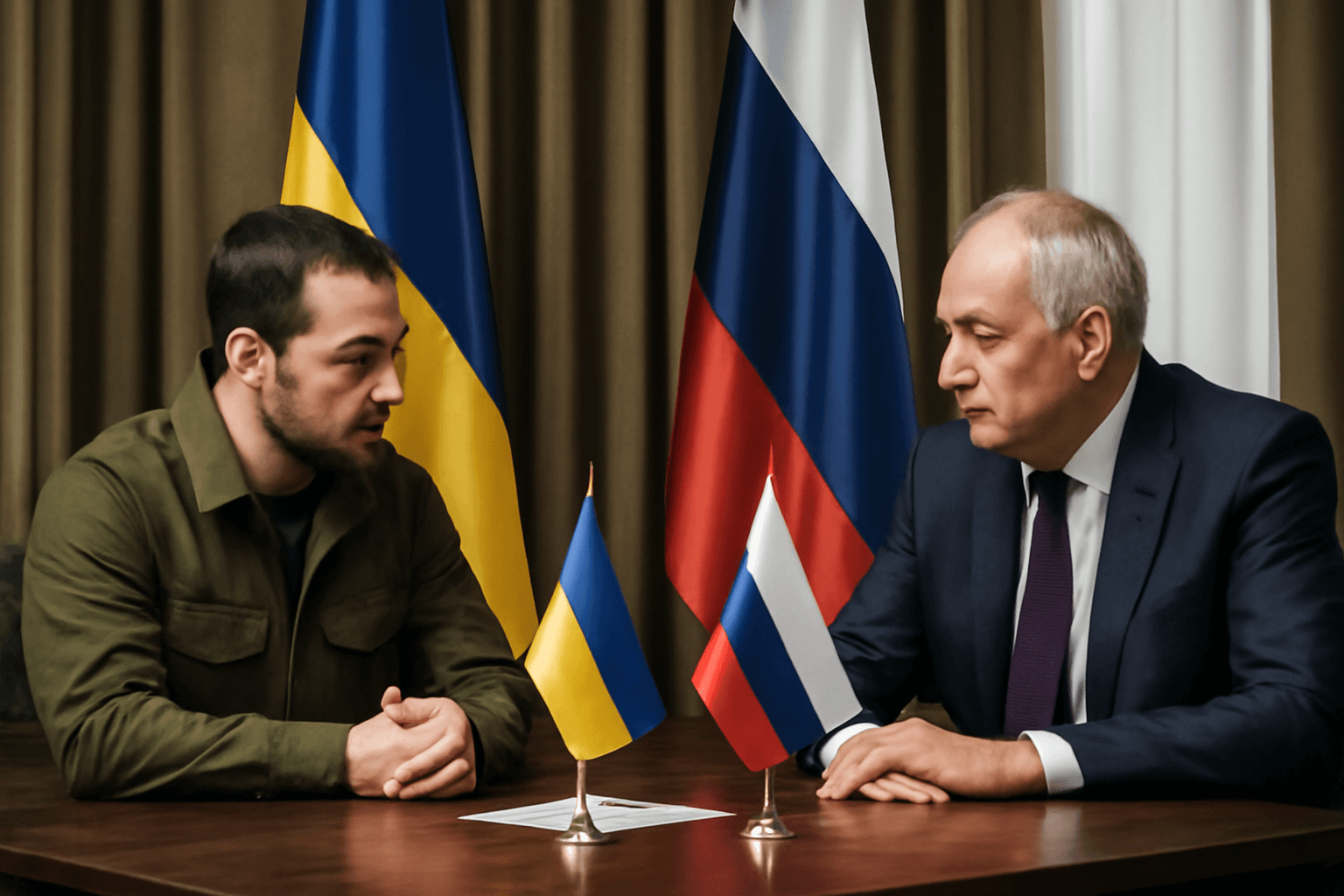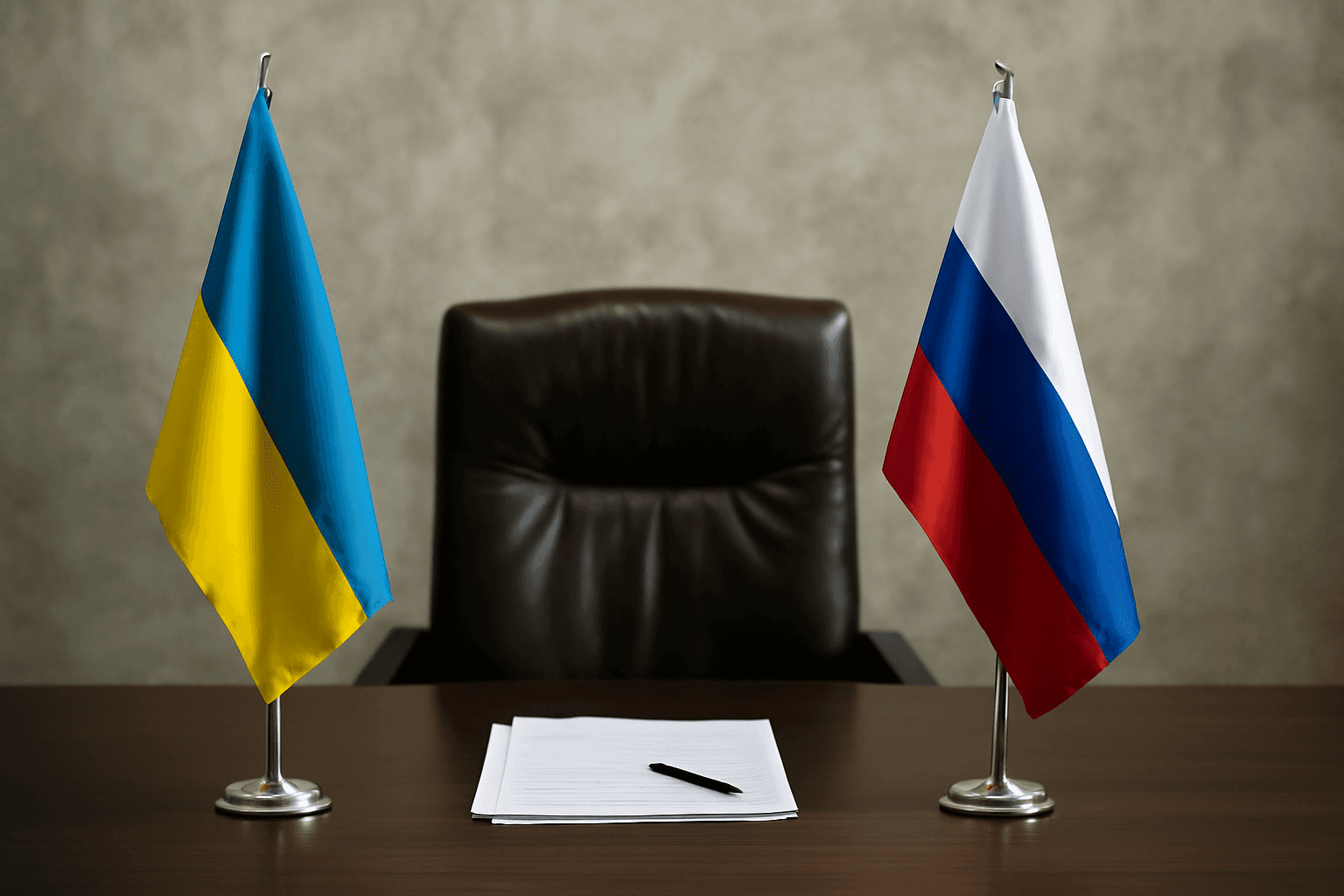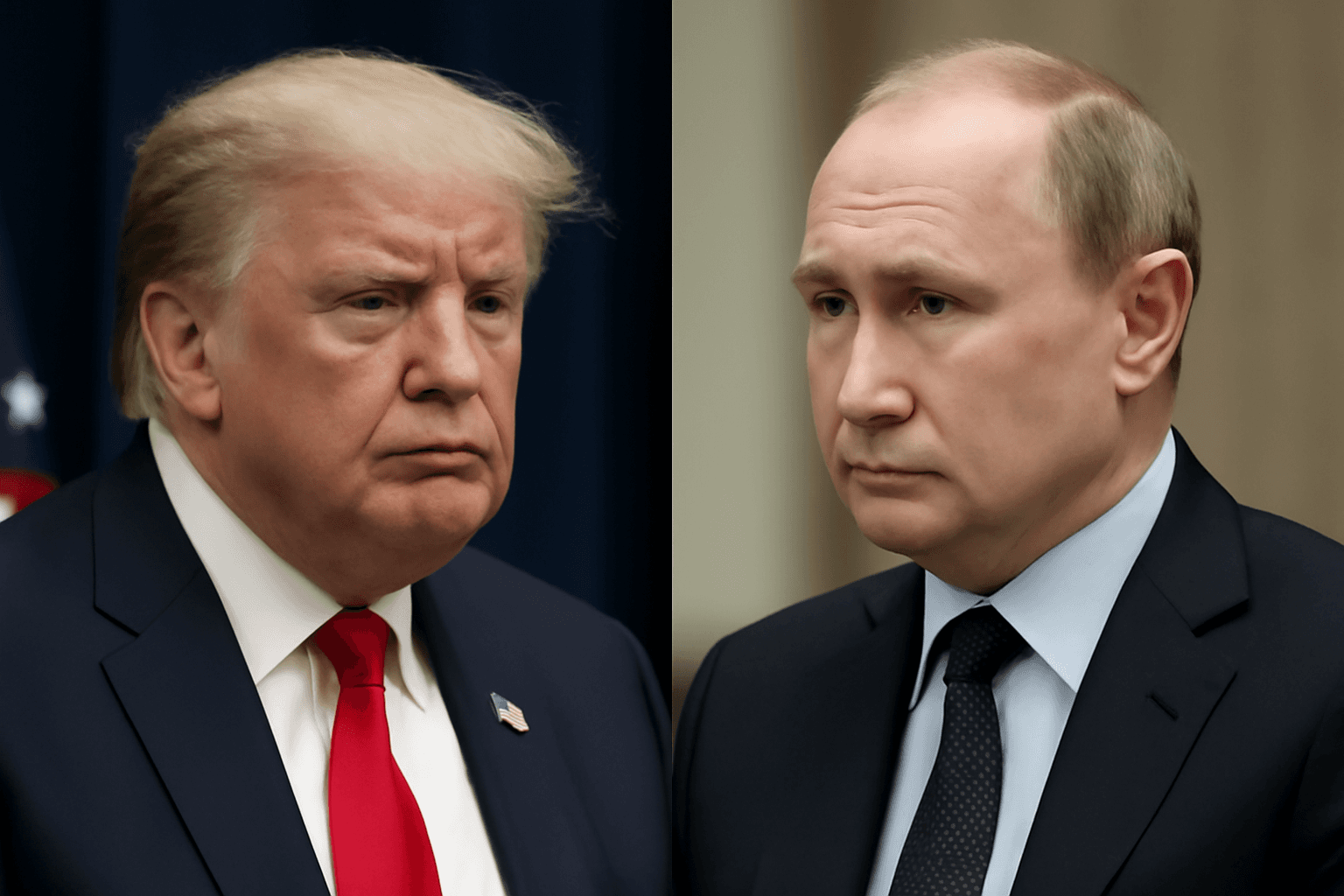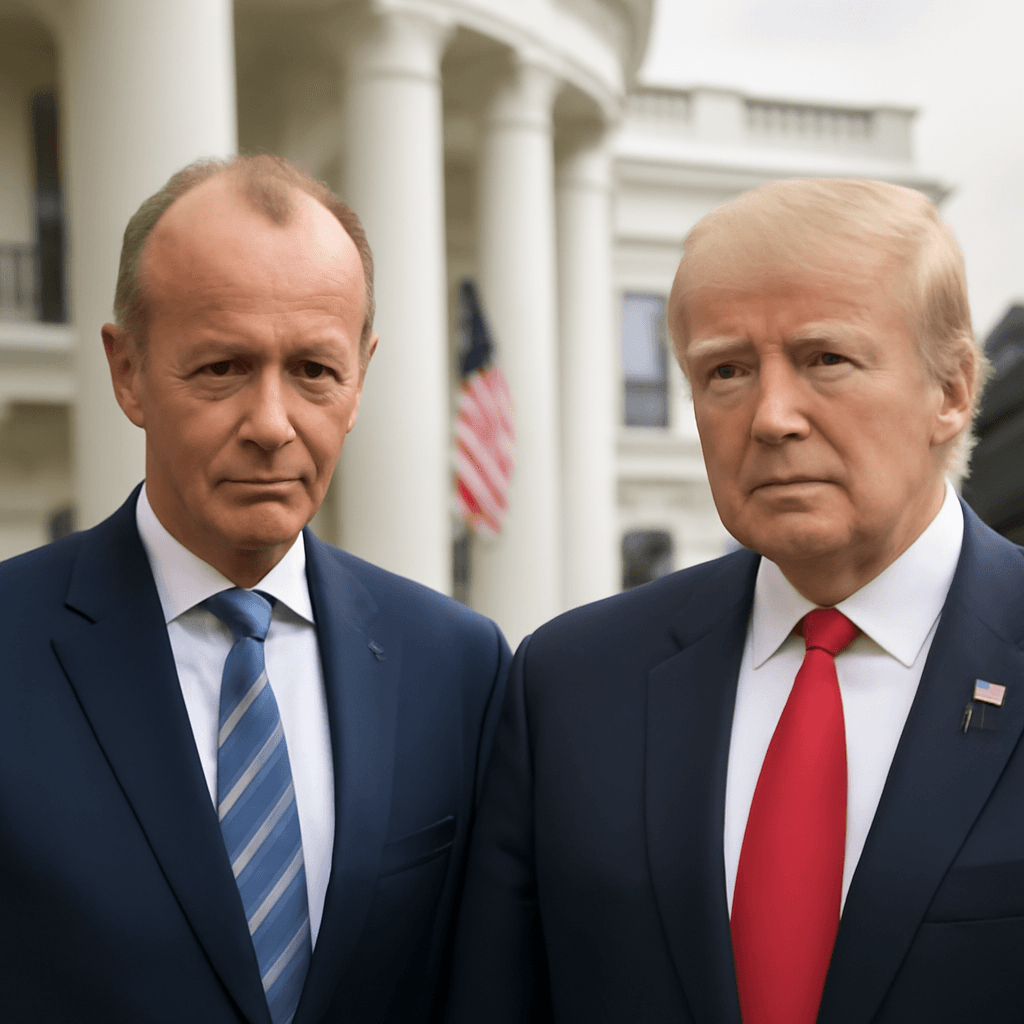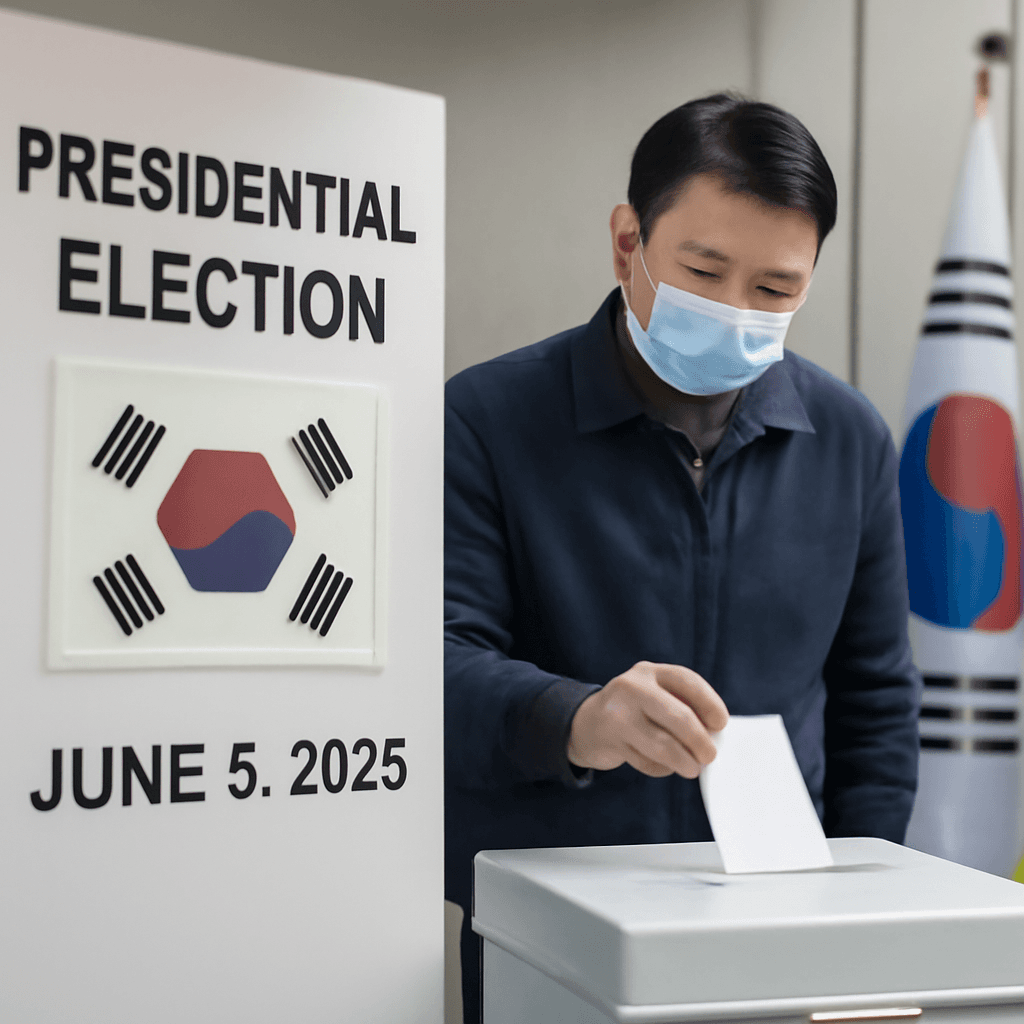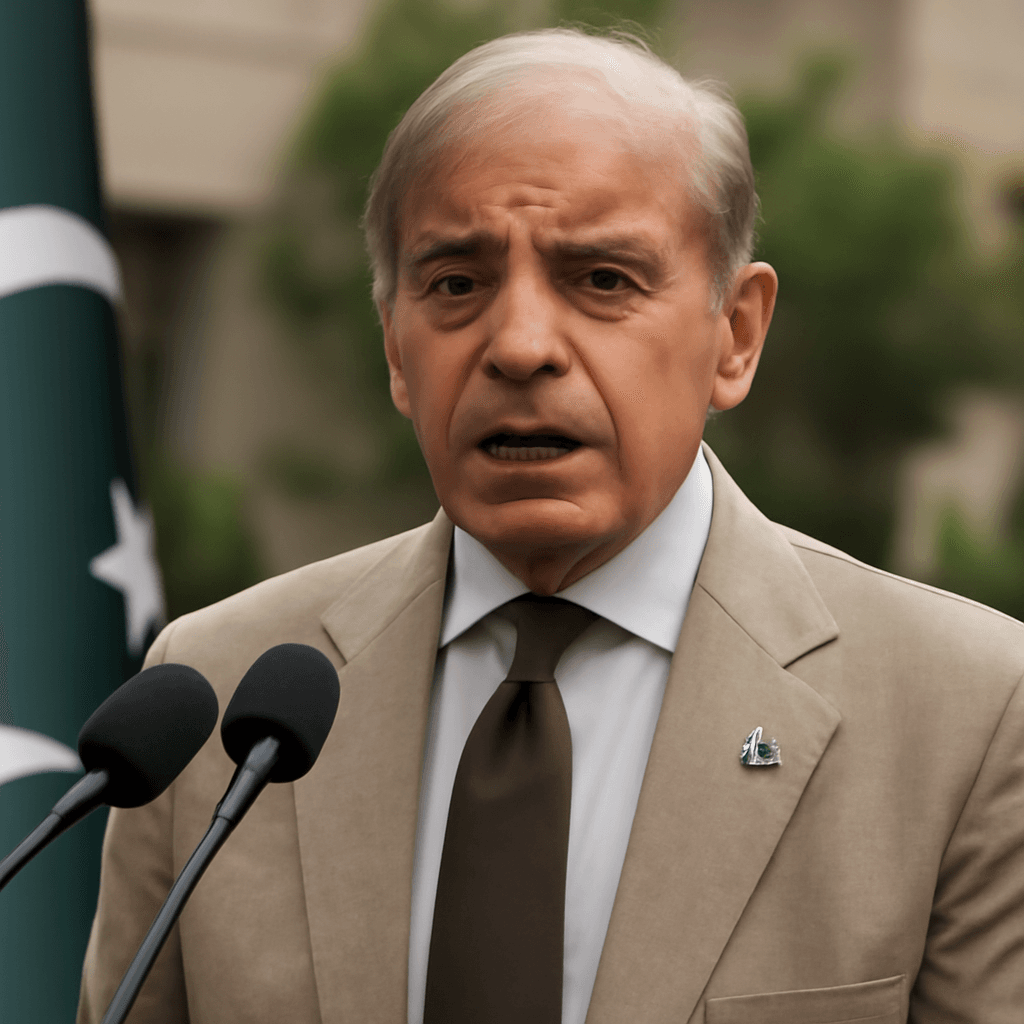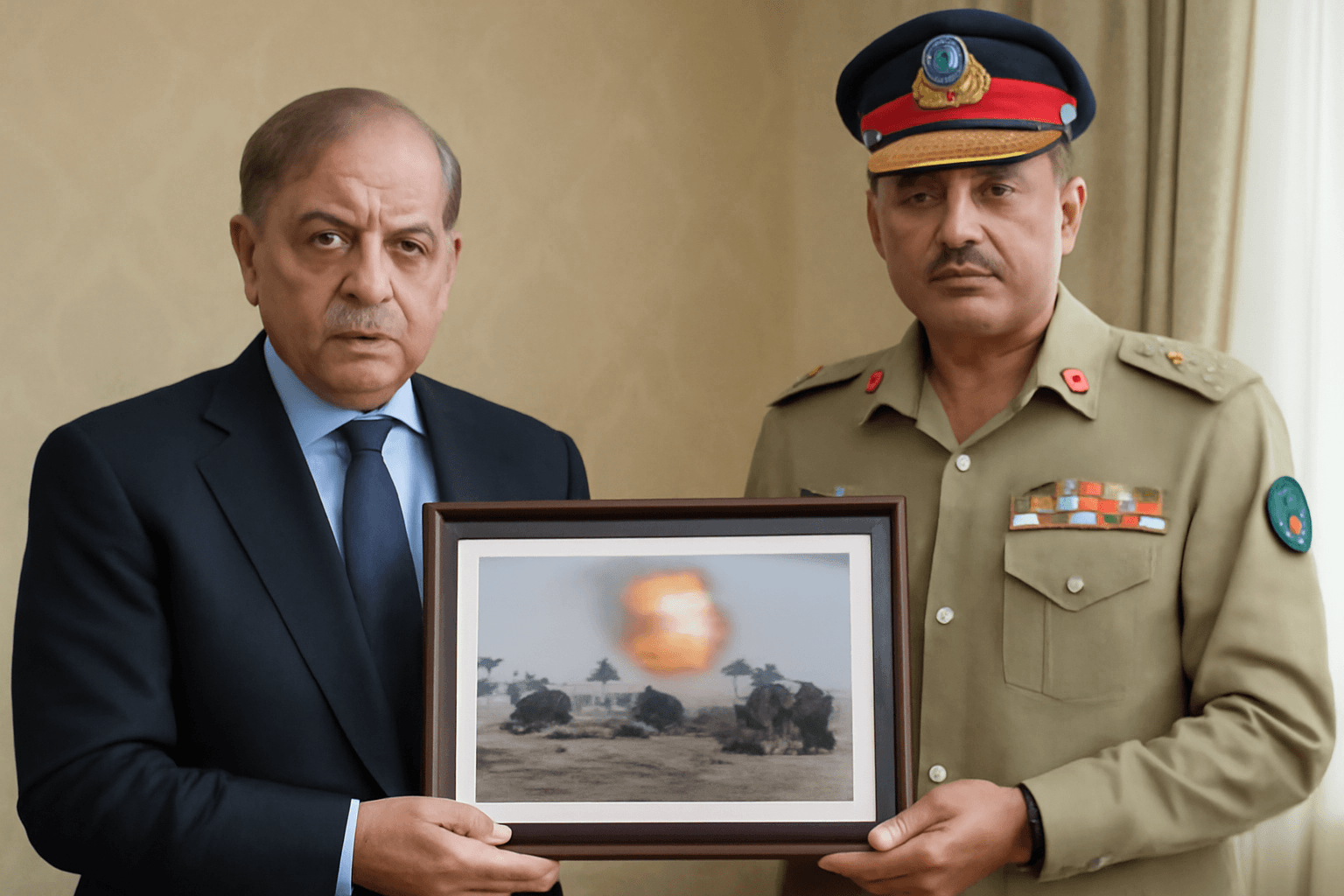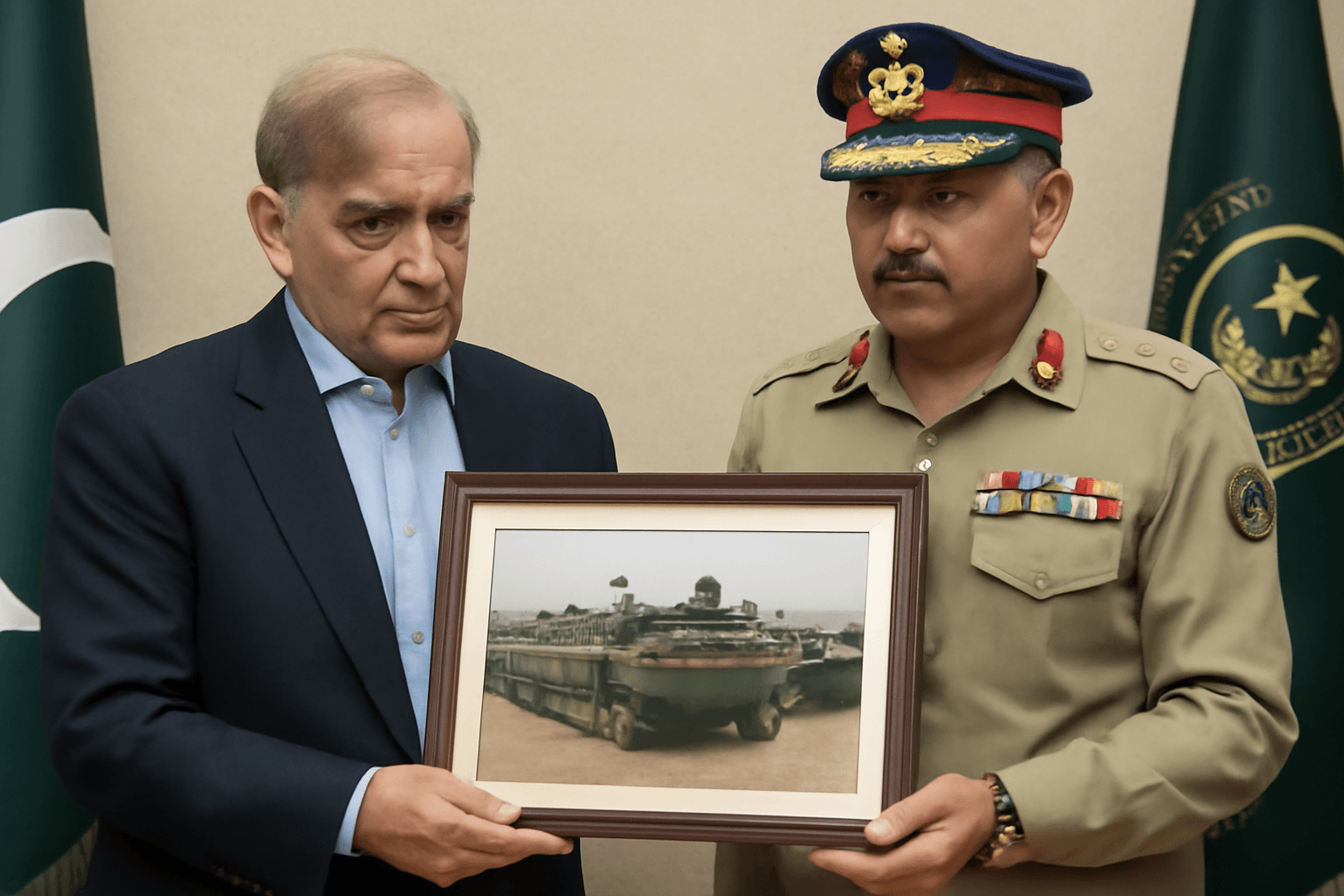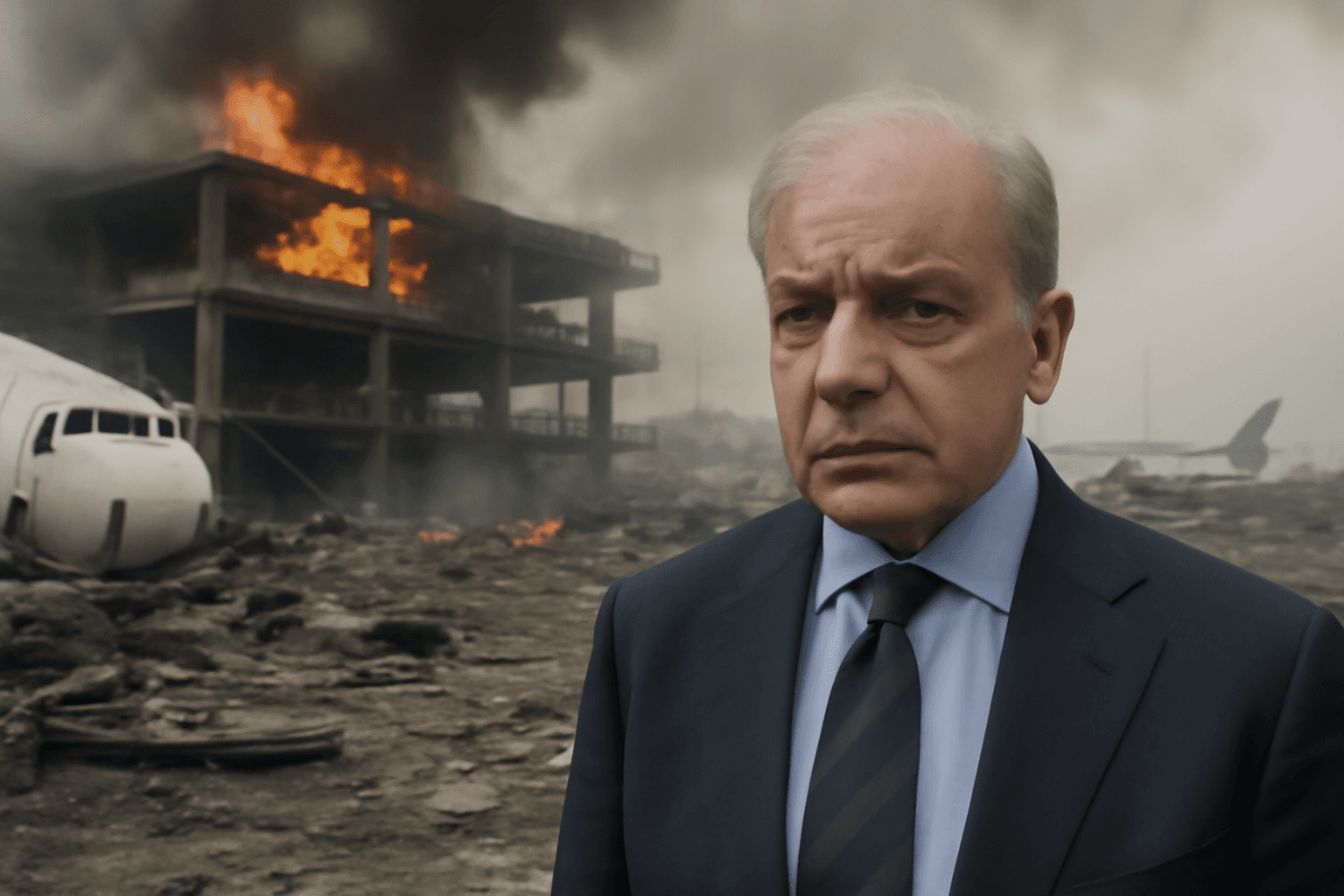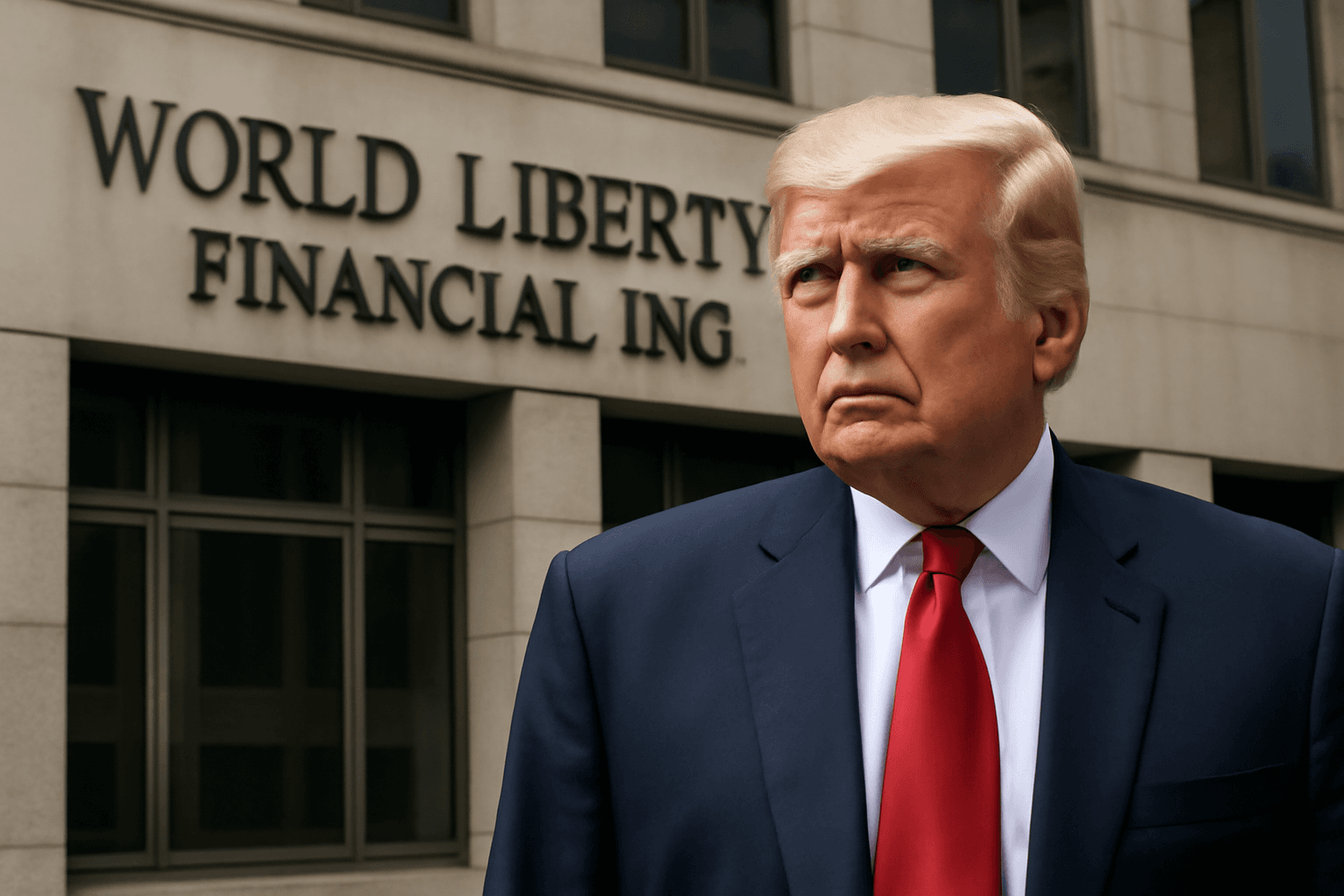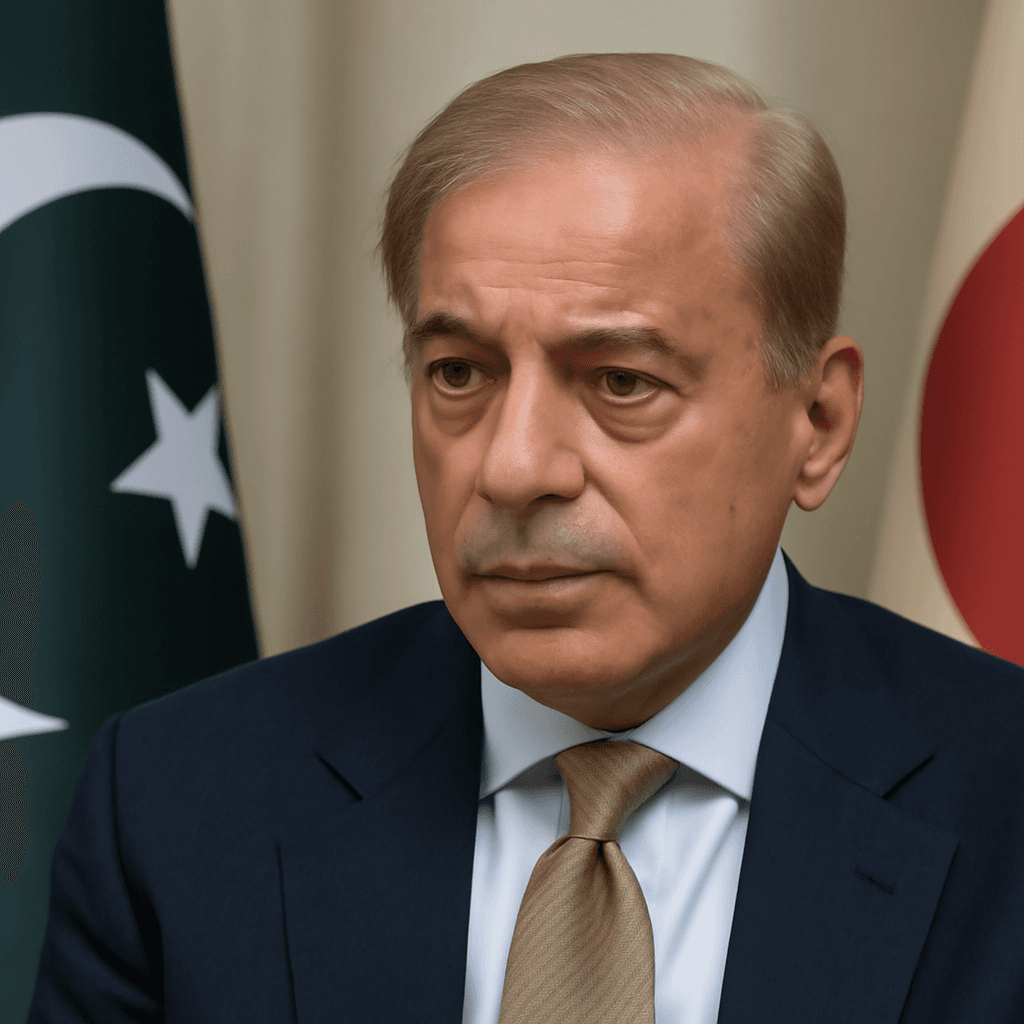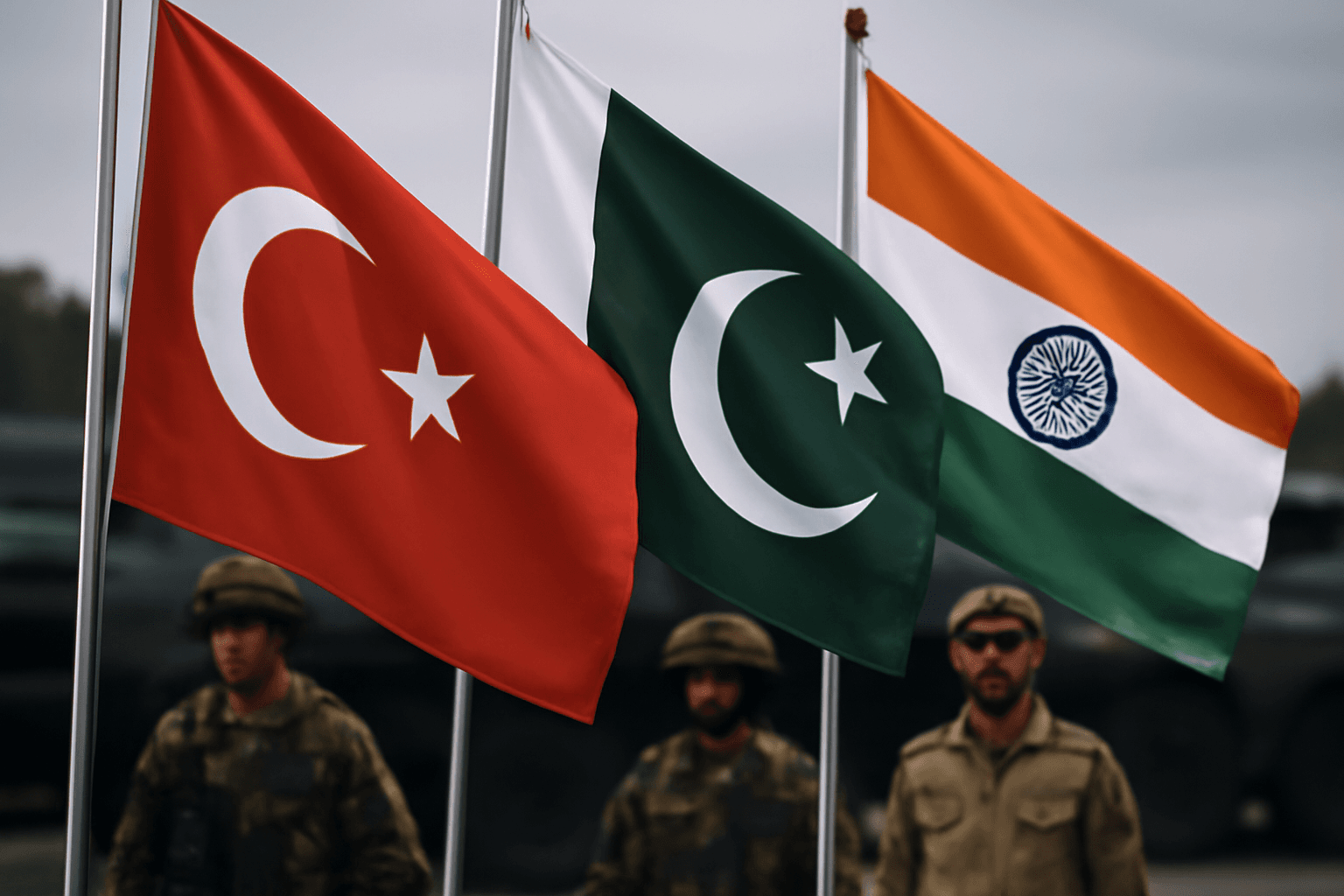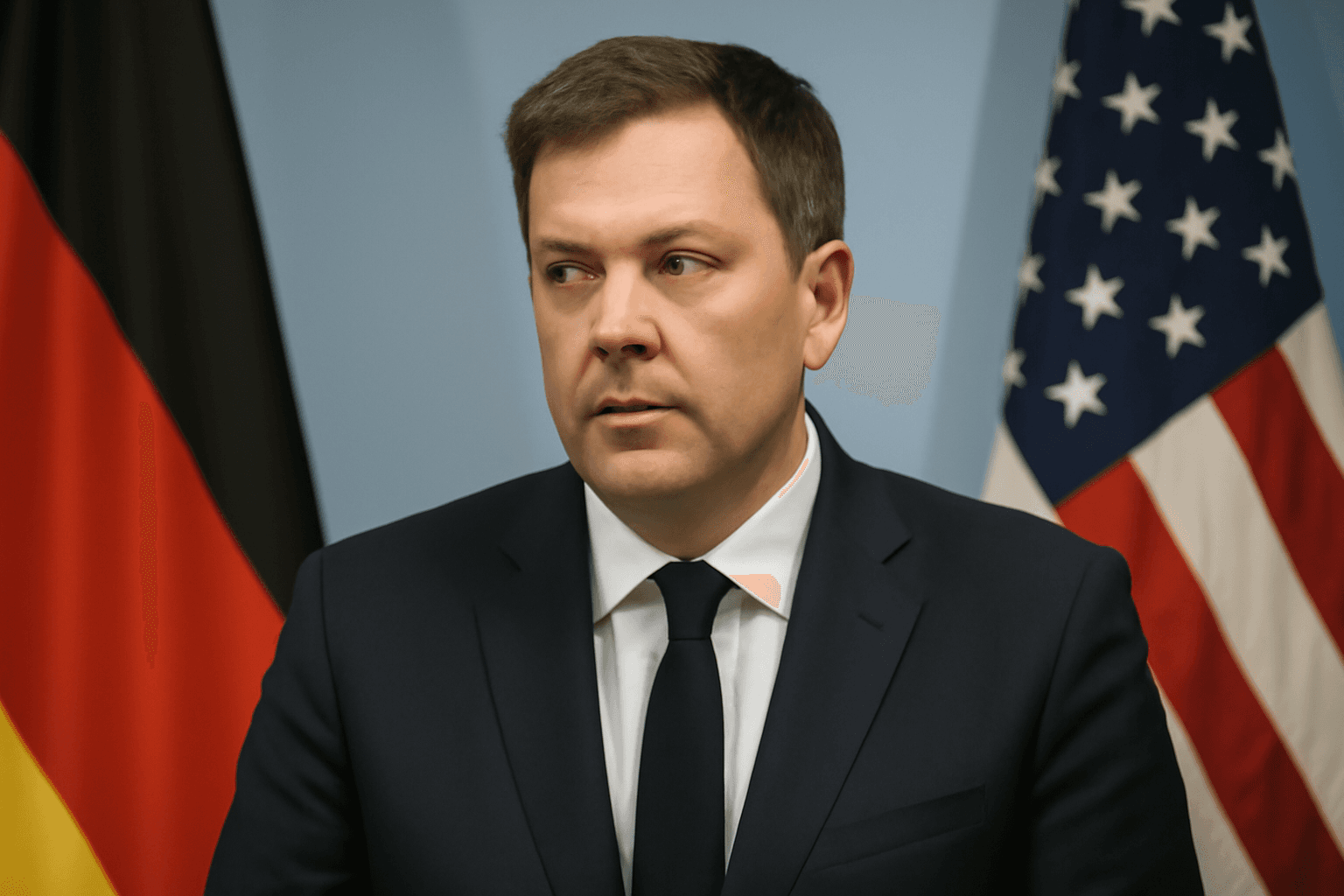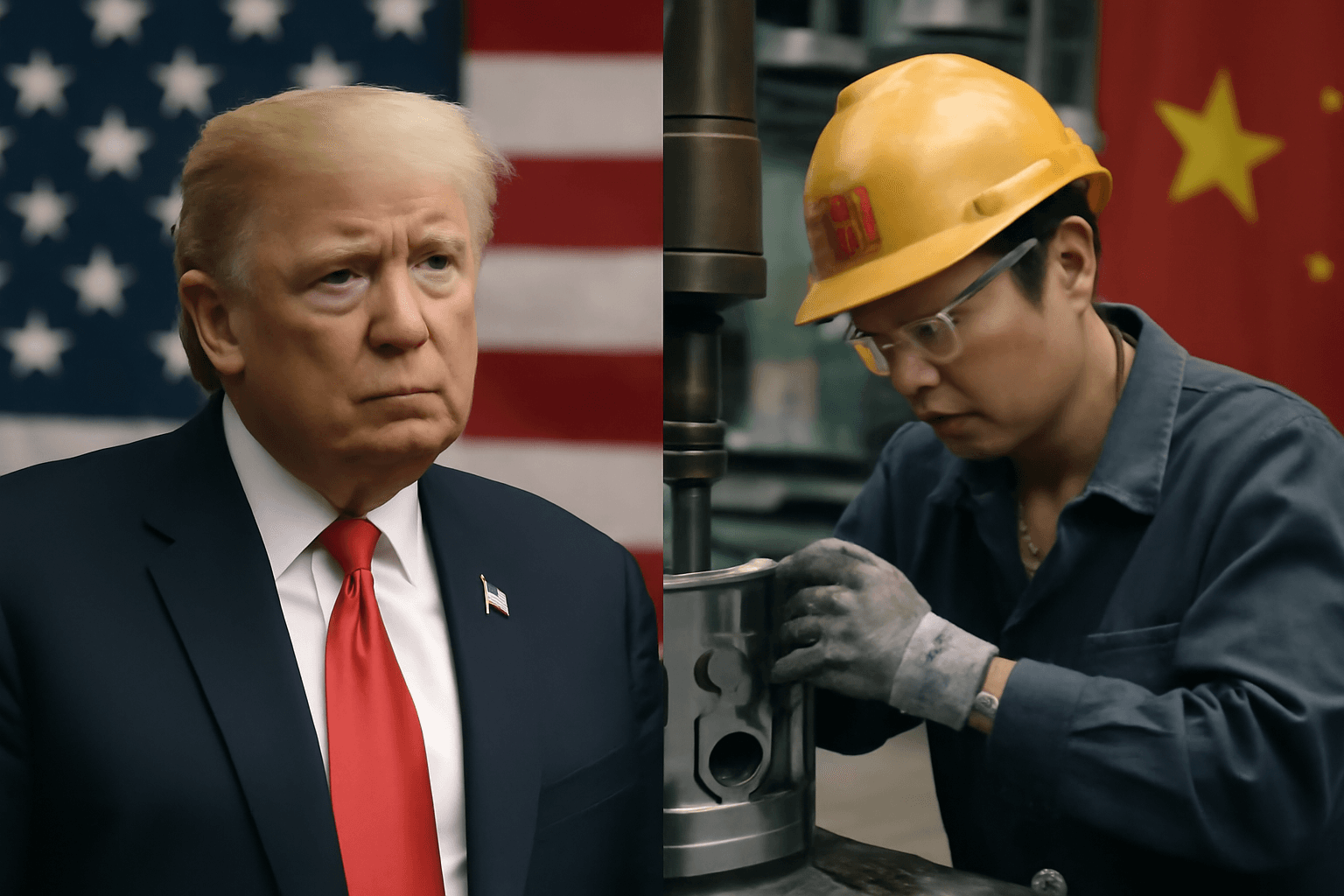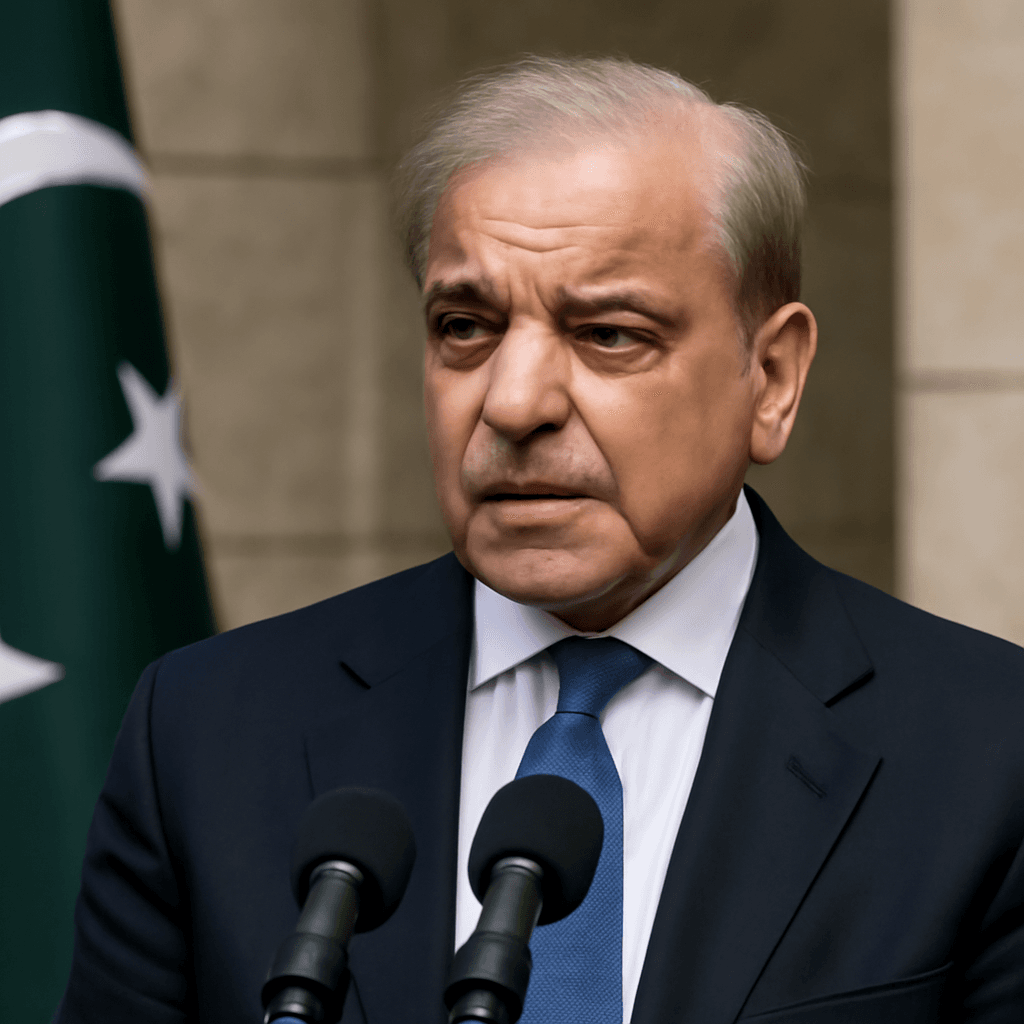Pakistan Prime Minister Signals End of Reliance on Foreign Aid
Pakistan's Prime Minister Shehbaz Sharif recently acknowledged a significant shift in the country's international relations strategy, moving away from dependency on financial handouts towards fostering strategic partnerships grounded in trade, innovation, and investment.
Key Allies Expect Equal Partnerships
Addressing senior military officials in Quetta, Sharif emphasized that Pakistan's major allies—including China, Saudi Arabia, Turkey, Qatar, and the UAE—no longer anticipate receiving requests for financial aid. Instead, these countries expect Pakistan to engage with them as equal partners, focusing on mutual benefits in sectors like commerce, research and development, education, health, and other profitable ventures.
Sharif stated: “They no longer expect us to go there with a begging bowl.” He highlighted the longstanding friendship with China and the trustworthiness of Saudi Arabia, reaffirming the importance of these relationships in Pakistan's future growth.
Focus on Self-Reliance and Resource Utilization
The Prime Minister underscored the urgency for Pakistan to transition from a state of dependency to one of self-reliance, urging the effective utilization of the country's natural and human resources. He called for deploying these assets in productive and strategic ventures, thereby fostering sustainable economic growth.
Sharif's remarks were made in the presence of Field Marshal Asim Munir, signaling a unified commitment among the nation's leadership to bear the responsibility of guiding Pakistan towards this new direction.
Context Amidst Financial Assistance and International Concerns
This declaration comes shortly after the International Monetary Fund (IMF) approved a loan package exceeding $2.3 billion for Pakistan. The loan has faced criticism from India, which alleges that Pakistan misuses such funds to support state-sponsored terrorism. It is notable that Pakistan has sought IMF assistance 25 times since 1958, indicating recurring economic challenges.
Implications for Pakistan's Economic Future
- Strategic partnerships will now be based on trade, innovation, and investment rather than aid.
- Allied nations expect Pakistan to engage in mutually profitable ventures.
- Self-reliance and optimal use of domestic resources are fundamental to future growth.
- Leadership is committed to guiding the country through this transformation.
This shift aims to enhance Pakistan's sovereignty in economic affairs and establish sustainable, reciprocal relations with key international partners.


